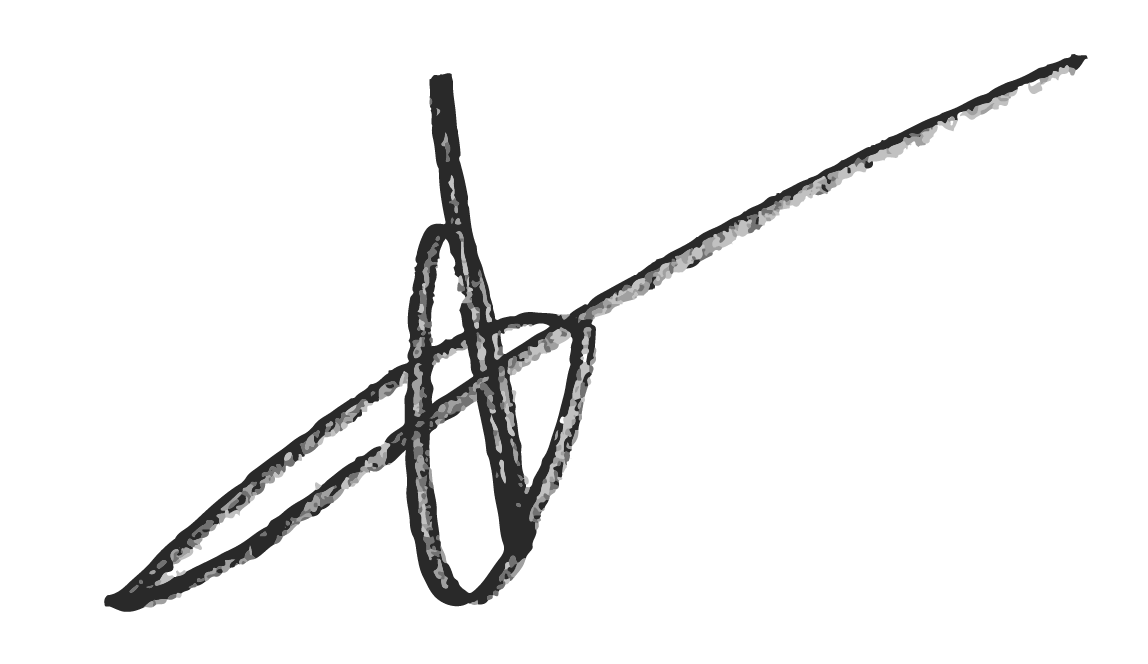On August 13, 1863, James Harris, a Virginia-born farmer out of Allegany County, hailed a stage coach with slaves aboard who had traveled from ten miles east of Cumberland. The owner allowed James Harris on the stage, and he paid the slaves’ fare at the next station, and at that stop five miles outside Cumberland, they held the stage and they wanted a room. Harris was heard to have advised them to remain until the next evening when he would pay their way to Uniontown, PA. Harris was “the father and grandfather of some of the parties.”1 In 1863, at age fifty-six, James Harris, Jr. had several children that were slaves owned by Elias Wilson, who is listed in the slave schedule as having six slaves in 1860. It was believed that Harris was trying to help six slaves escape on that stage coach, including his daughters, one of whom was Fanny Harris, and his wife, Marry Harris. The Allegany County Circuit Court heard James Harris's case on Oct 15, 1863 and sentenced him to serve six years and six months in the Maryland Penitentiary.
The eleven Jurors who tried the case, five Members of the legislature (all delegates), and nine others all petitioned Governor A.W. Bradford to pardon James Harris. In a letter written by Mrs. M.E. White, she says of Harris, “He was a faithful slave until he obtained his freedom, which was after the death of my mother, and was hired out twenty years from the death of my father [Joseph Perry Hillary], and he even worked a year after he should have been free to pay one of the heirs who thought he was not able to give him the time. Paid for his freedom papers also.” When Harris was a slave, he was the property of Joseph Perry Hilleary, and his heirs, a name well known in Allegany County. Harris was pardoned on December 20, 1864 by Governor A.W. Bradford.2 When Harris was caught, a local newspaper, expressing the sentiment of the times, wrote, that Harris was sentenced “for aiding his own children to escape from bondage. We trust our worthy judge will soon be relieved of the necessity for pronouncing such a sentence.”3
